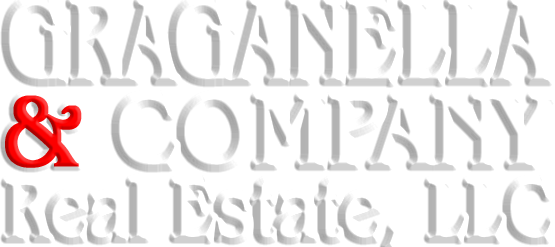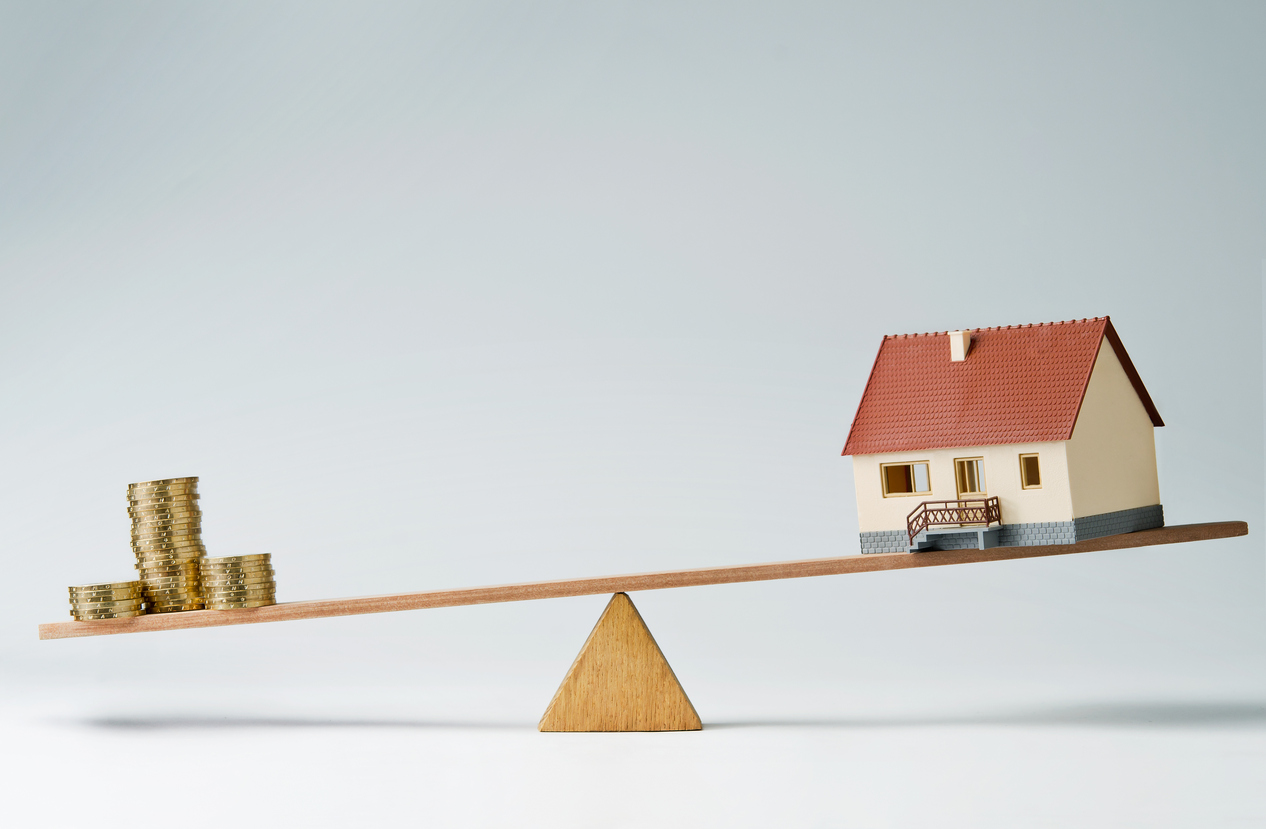
THINKING ABOUT BUYING A HOUSE?
Whether you are tired of paying rent or are ready to look for your dream home, buying a home is a huge decision. This financial decision will have to be made carefully and thoroughly. We are here is assist you through this process.
INFORMATION NEEDED AT APPLICATION:
- Completed copy of the signed Purchase Agreement
- W-2's for the past two years (or complete tax returns if self employed)
- Most recent pay stubs covering last 30 days.
- Proof of previous mortgage or rent payments.
- Last 2 months bank statements of all checking, savings and asset accounts.
- Names, addresses, and account numbers of all creditors.
- Certificate of Eligibility (VA only).
7 WAYS TO IMPROVE YOUR CREDIT:
If you understand your credit score, you'll be able to secure competitive mortgage rates.
Credit scores, along with income and debt load, sum up how well a person has managed credit and whether the person represents a good risk for a lender. The most common credit-scoring model used today is Fair, Issac & Co. (FICO). The big three national credit reporting repositories- Equifax, Experian and TransUnion- rely on it. The scores typically range from 300 to 900m with a higher score indicating a better credit risk.
To improve your score:
- Wait 12 months after credit diffculties to apply for a mortgage. Some items are scored less heavily after 12 months.
- Don't order home furnishings or appliances during the mortgage application process. The balance owed will be counted as debt.
- Pay back taxes in a lump sum to reduce overall debt.
- Avoid finance companies, which charge high fees and rates. Their use is considered indicative of poor credit management, even if the borrower pays the loans back on time.
- Shop for rates all at once. Multiple inquires from the same type of lender are scored as single inquiry if received within a short time period.
- Don't open a lot of credit card accounts quickly to build a credit record. Doing so lowers the average account age and looks risky to the scoring model.
- Pay down credit card balance. However, off loading credit card debt to a new card with a lower interest rate isn't considered good credit management and also results in another credit inquiry that will lower your score.
Let us help you find your new house! Fill the form out below.
10 STEPS OF BUYING A HOUSE:
1. Check your Credit Report & Score
2. Affordability Analysis
3. Get Preapproved
4. Find Real Estate Agent
5. Look for the Right Home
6. Make an offer on the Home
7. Negotiate & Agree on Terms
8. Get your Loan Approved
9. Close on your home
10. Move In!



